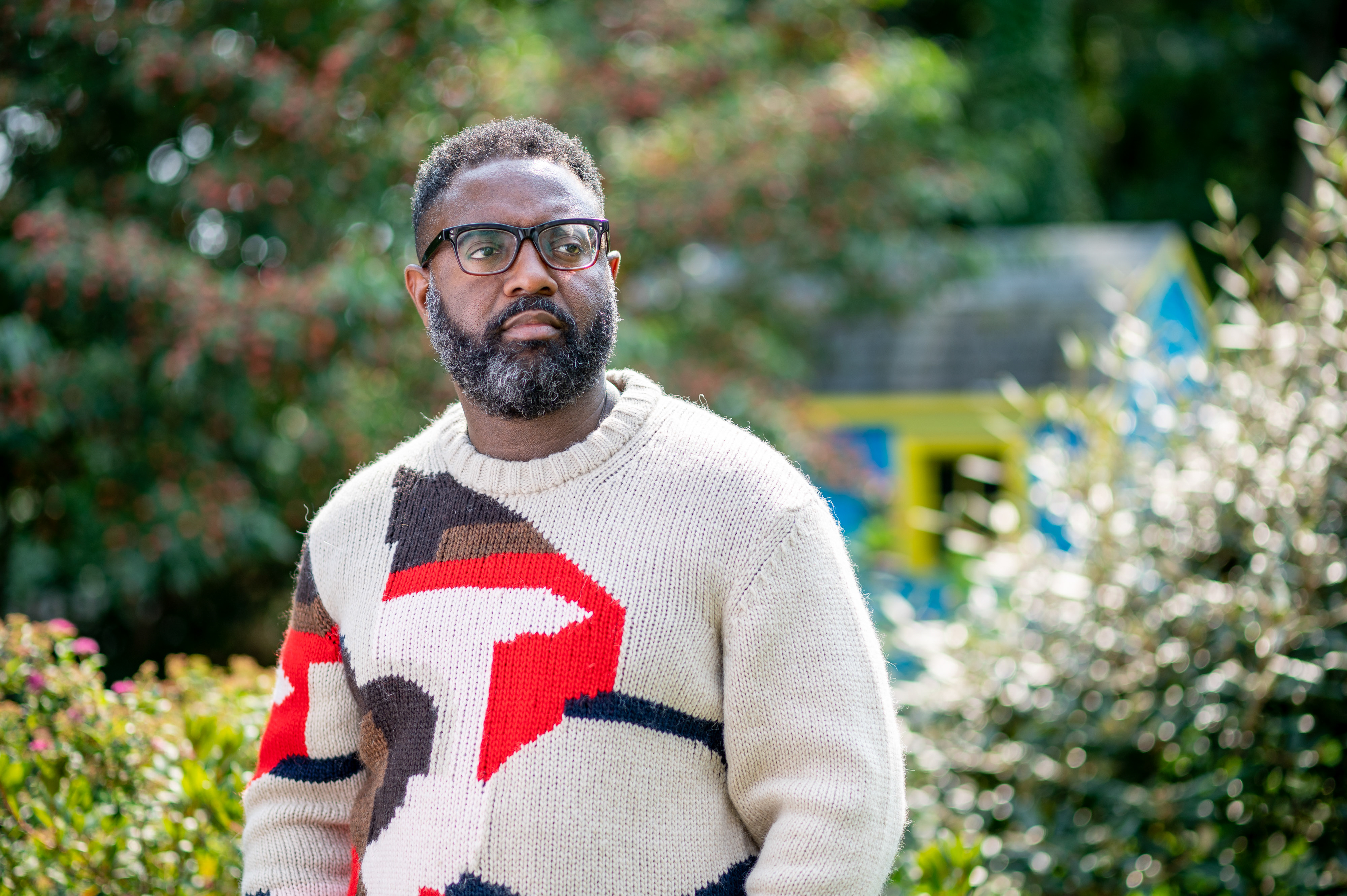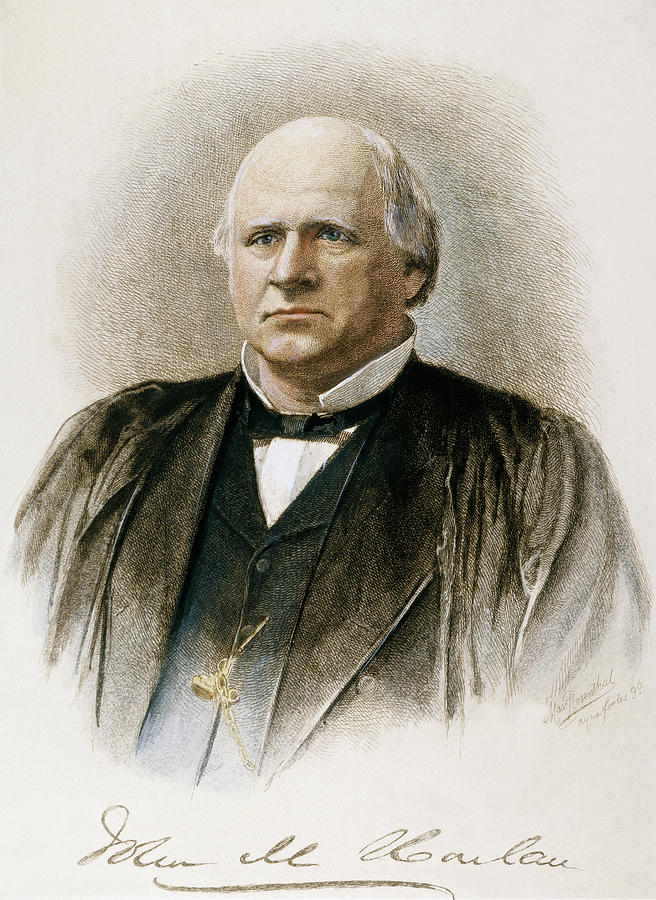Although I
didn't use the hashtag, in August I participated in #TheSealeyChallenge to read
one poetry book every day. Occasionally, I read them in one go, but mostly, I
read them bit by bit over the course of the day. So I had the poets' voices
hovering in my mind even when I wasn't reading, especially with books that focused
on particular themes. One theme that came up several times was quite moving to
me: caring for aging parents suffering from dementia. That theme bracketed the
month, as both the first and last books I read touched on it: Jeffrey Harrison's
"Between Lakes" to start and Seni Seneviratne's "Unknown Soldier"
yesterday. (Andrew Shields, #111words, 1 September 2021)
My list:
20210831 Seni Seneviratne, Unknown Soldier
20210830 Matthew Paul, The Evening
Entertainment
20210829 Ali Cobby Eckermann, Love dreaming
& other poems
20210828 Vidyan Ravinthiran, The
Million-petalled Flower of Being Here
20210827 Nuzhat Bukhari, Brilliant Corners
20210826 Sherko Bekas, tr. Choman Hardi,
Butterfly Valley
20210825 Dunya Mikhail, In Her Feminine
Sign
20210824 Nina Mingya Powles, Magnolia, 木蘭
20210823 Mary Jean Chan, Flèche
20210822 Roy McFarlane, The Healing Next
Time
20210821 Osip Mandelstam, tr. Alistair
Noon, Concert at a Railway Station
20210820 Simon Armitage, The Unaccompanied
20210819 Glyn Maxwell, How the Hell Are You
20210818 Alice Notley, Certain Magical Acts
20210817 Nina Bogin, Thousandfold
20210816 Mike Puican, Central Air
20210815 Claire Crowther, Solar Cruise
20210814 Alice Miller, Nowhere Nearer
20210813 Kayo Chingonyi, A Blood Condition
20210812 Natasha Trethewey, Thrall
20210811 Roger Robinson, A Portable
Paradise
20210810
Aracelis Grimay, The Black Maria
20210809
Jack Gilbert, Refusing Heaven
20210808
Gerður Kristný, tr. Rory McTurk, Reykjavík Requiem
20210807
Giovanni Pascoli, tr. Geoffrey Brock, Last Dream
20210806
Joyelle McSweeney, Toxicon and Anarche
20210805
Michael Longley, The Candlelight Master
20210804
Sumita Chakraborty, Arrow
20210803
Bill Manhire, Wow
20210802
Cathy Park Hong, Engine Empire
20210801
Jeffrey Harrison, Between Lakes


















